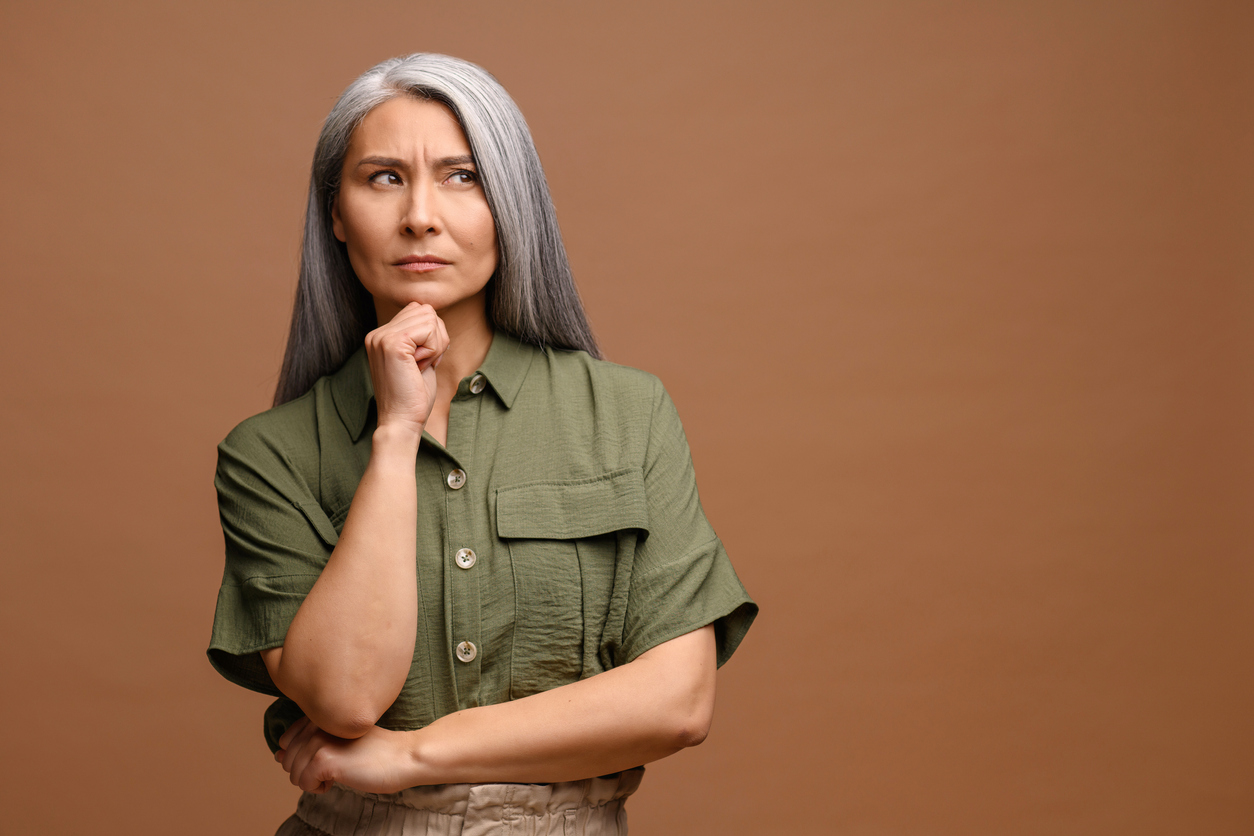Age Debate: Does It Matter How Old You Actually Look Or Feel?
March 8, 2023

You may remember (especially if you feel your memory is good for your age!) that about a year ago, we published a post about the significant number of people who subjectively feel younger than their chronological age. As that post made clear, many people feel younger than the calendar tells them they are, and that may work in their favor, as it may indicate they are taking care to age in a healthy way or their attitude towards aging may be more positive, which reinforces a subjective sense of feeling “younger.” A recent article in The Atlantic by award-winning writer Jennifer Senior raises a similar question: Why is there a gap between how old you are and how old you think you are? Senior writes that adults over 40 tend to think of themselves as about 20 years younger than they actually are. However, she also cites a 2021 study that suggests this internal “younger” feeling is most prevalent in the US, Western Europe, and Australia, rather than in parts of the world where older adults are more valued, respected, and a part of an extended family support system. As one commentator astutely noted, we may tend to think of ourselves as younger than we really are because of the stigma that often attaches to older adults in western cultures: that of being frail, sedentary, or even burdensome and unvalued.
But what does the age you feel reflect about your own health as you grow older? Research is beginning to show that feeling younger than your chronological age may be a sort of protection, keeping you more engaged, more likely to be physically active, and more open to new experiences and challenges, all important for your physical and cognitive health and emotional well-being. The alternative also appears to be true: those who think of themselves as older than their chronological age are more likely to be at risk for dementia, frailty, or heart disease. One study out of South Korea even found physiological differences between the brains of individuals who felt older than their actual age versus the brains of those who felt younger. But as Becca Levy, (the Yale researcher known for her work about how attitudes toward aging affect the aging process) has made clear, “Age beliefs are malleable, they are not set in stone.” What that means is that negative attitudes toward aging, or feeling older than you actually are, do not have to be self-fulfilling prophecies. You can change your attitude about aging and perhaps, therefore, feel better physically, emotionally, and subjectively.
In fact, one company has launched a “digital subjective age assessment” to help you measure how old you feel and look, and therefore potentially help you age in a better, healthier way. That company is the New York-based start-up, Modern Age, which bills itself as a “longevity clinic” to help your physical appearance, emotional health, energy levels, stress reduction, and more. They have developed a 10-minute, online, “subjective health assessment” which can give you insights (and potentially motivation) to access cutting-edge treatments and interventions which may improve your physical and emotional aging. Want to find out how you’re doing on your own subjective aging journey? Get ready to respond to some personal questions and click here.
Finally, there does seem to be yet one more aspect to your aging that’s interesting to consider. How old you visibly appear to others may also reflect how well you are aging. In a new study in the British Journal of Dermatology, researchers considered whether younger facial features are associated with less risk of several age-related morbidities among middle-aged and older adults. What they found was that youthful looks are related to lower measures of systemic biological aging. As one researcher said, “If you look younger than you are, then the health of your organ systems, body, and mind are likely to reflect this.” Taking this a step further, Chinese scientists have developed a system of 3D photography along with artificial intelligence to help determine someone’s “biological age” by analyzing their facial aging. Using facial appearance as a proxy for biological aging, these scientists hope to develop a reliable measure of how someone is aging internally by looking at external facial features. With this measurement, valuable lifestyle changes could then be initiated to improve a person’s course of aging. So smile for the camera, and read more here.







